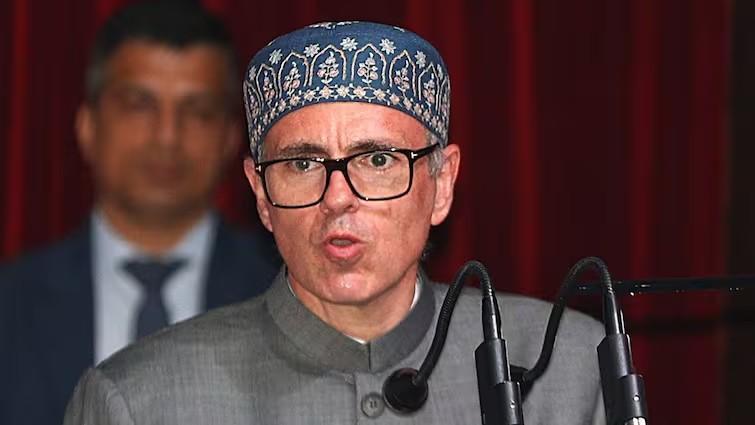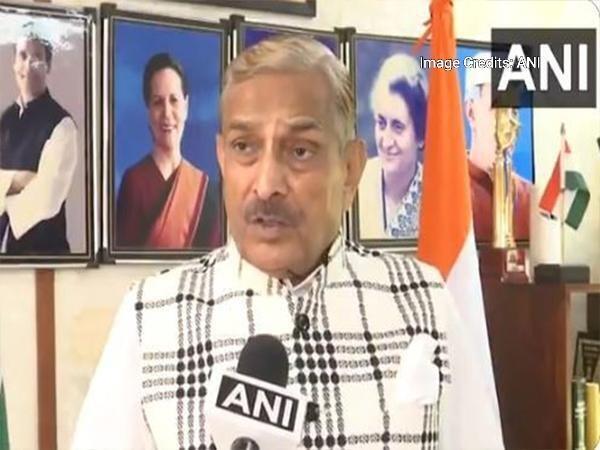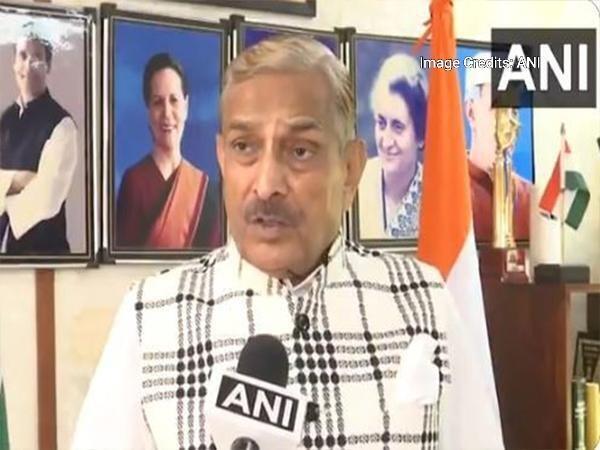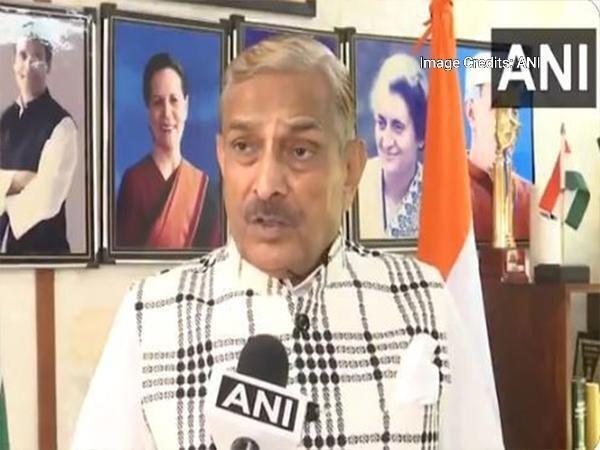
Title: Normalcy in J&K post Art 370 abrogation is forced, not organic: CM
The abrogation of Article 370 in August 2019 has been a contentious topic in the political landscape of India, with many opinions being exchanged about its impact on the state of Jammu and Kashmir. The Centre has consistently maintained that the move has brought about normalcy in the region, with many claiming that the people of J&K are now living a peaceful life without the fear of terrorism and separatism. However, the former Chief Minister of Jammu and Kashmir, Omar Abdullah, has disputed this claim, stating that the normalcy is “forced” rather than “organic”.
In a recent interview, Omar Abdullah, who was the Chief Minister of Jammu and Kashmir from 2009 to 2015, expressed his concerns about the situation in the region. He stated that the normalcy being claimed by the Centre is not sustainable and is driven by fear rather than a genuine desire for peace. “If what is happening in J&K is organic, then nothing like it. If it is driven out of fear, then there’s a problem,” he said.
Abdullah’s statement is significant because it challenges the narrative being pushed by the Centre that the abrogation of Article 370 has brought about a new era of peace and normalcy in the region. The Centre has been claiming that the move has ended the special status granted to J&K and has brought the region under the mainstream of Indian politics. However, Abdullah’s statement suggests that the situation on the ground is not as rosy as claimed.
So, what does Abdullah mean when he says that the normalcy in J&K is “forced” rather than “organic”? In simple terms, he means that the people of J&K are not living a normal life because they have chosen to do so, but because they are being forced to do so by the Centre. The Centre has imposed a series of restrictions on the people of J&K, including a communication blackout, restrictions on movement, and a ban on protests. These restrictions have had a significant impact on the daily lives of the people of J&K, with many struggling to access basic necessities like food, medicine, and healthcare.
Abdullah’s statement is not without merit. The restrictions imposed by the Centre have been widely criticized by human rights organizations and civil society groups, who have called for their relaxation. The restrictions have also had a significant impact on the economy of J&K, with many businesses struggling to operate due to the lack of communication and movement.
Moreover, the Centre’s claims of normalcy in J&K are also contradicted by the fact that the region is still under a significant amount of military presence. The Indian Army has been deployed in large numbers in J&K, with many areas still under curfew. The presence of the army has created a sense of fear and uncertainty among the people of J&K, who are worried about their safety and security.
Abdullah’s statement is also significant because it highlights the lack of trust between the Centre and the people of J&K. The Centre has been claiming that the abrogation of Article 370 was necessary to bring about peace and development in the region, but Abdullah’s statement suggests that the people of J&K are not convinced. The Centre’s actions have been seen as a betrayal of the trust placed in them by the people of J&K, who have been living with a sense of uncertainty and fear since the abrogation of Article 370.
In conclusion, Omar Abdullah’s statement that the normalcy in J&K post Art 370 abrogation is “forced” rather than “organic” is a significant challenge to the Centre’s narrative. The Centre’s claims of normalcy in J&K are contradicted by the facts on the ground, with many areas still under curfew and the people of J&K struggling to access basic necessities. The Centre needs to take a more nuanced approach to addressing the situation in J&K, rather than imposing restrictions and trying to dictate the narrative. The people of J&K deserve to be treated with dignity and respect, and their voices should be heard in the decision-making process.





